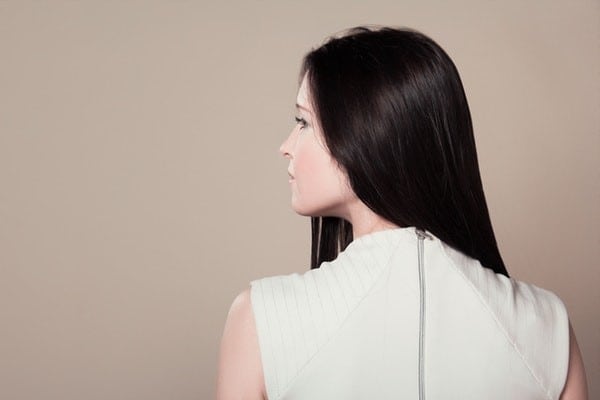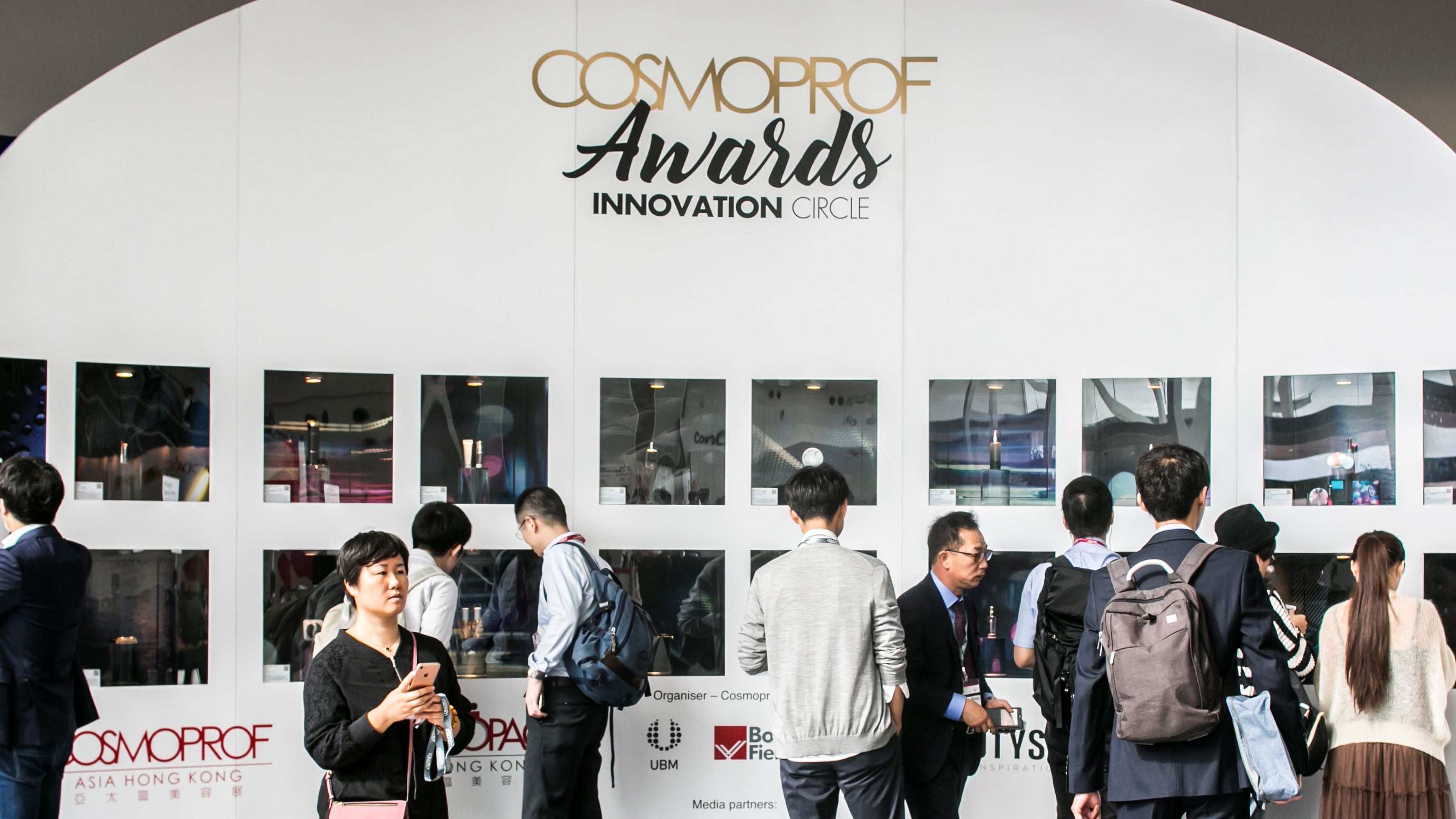The personal, hand-held home-use device for hair-regrowth will be distributed in Asia, excluding China, under the company Hairegen Asia, which plans to use Singapore as a test market before expanding in other ASEAN countries.
Intelligent machine
Hairegen is the first handheld device to utilise Pinpoint Current Laser Therapy (PCLT) technology in order to “reawaken” and rejuvenate hair follicles by applying multiple forms of stimulation on the scalp.
The device aims to block the dihydrotestosterone (DHT) hormone, the main culprit of hair loss, but what truly makes Hairgen unique is that the treatment is local and external, eliminating worries of side effects.
Aside from the efficacy of the device, what really impressed Singapore distributors Esther and Janet Goh was how “smart” the device is.
Janet Goh explained that it is equipped with sensors that trigger an incessant beeping to warn consumers they are using the device wrongly. It even contains a microchip which records the devices every use, allowing consultants to better advice clients. “You can’t fool this machine, it tells you when you’ve been using it wrong, and it records how many times you use it, how long you used it.”
Worth your while
The sleek device retails for S$2,680 ($1,972), with cartridge refills costing S$330 ($242) each. Every refill lasts around 1000 minutes, or five months. Hairegen requires daily use of five to eight minutes, and visible effects can be seen as quickly as five months in.
Spending over S$2,000 for an aesthetic device may seem excessive, but Goh said this is only a fraction of what some of their target consumers are shelling out for anti-hair loss treatments.
Goh estimated that consumers pay up to S$5,000 for a treatment package. “I’ve known people who spend an average of S$20,000 before they call it quits.”
These consumers pay for these treatments because hair loss is still one of the major concerns for consumers, especially as stress levels continue to rise, she said. “It is important for men because hair loss is a sign of age, for women it’s their crowning glory. It’s especially important for people who are working at a professional level.”
While she does not doubt the efficacy of the treatments available out there, the limitations of such salon treatments is that it takes a long time and visible results are very limited.
“In the hair industry right now, there is a group of people paying a lot. The amount of visible results is limited, but people are still paying. So there is definitely a market for it and I think we will shake up the industry because we are bringing [a solution] that is much cheaper.”
Two-pronged approach
According to Goh, Hairegen approached them to distribute its device in Asia because of their professional expertise in the industry.
The Gohs are the second-generation owners of Genesis Lifestyle, a family-owned beauty salon, and have over four decades of experience in the industry.
Previously, they have worked with stem cell technology for hair, and they plan to put their knowledge to good use.
“In order to tap this market, we are exploring different ways to tackle hair-loss problem. We have a two-pronged approach: technology and stem cells. On one side we use a machine to apply DHT blockers locally, on another we use stem cells to heal it faster,” said Goh.
She added that what the company really needs right now is to publicise the product and get consumers to see how revolutionary Hairgen is. “It’s the mindset of the people. We need them to realise the full potential of the machine and that it is worthwhile.”





